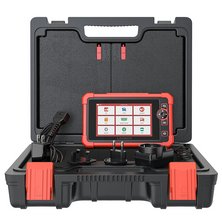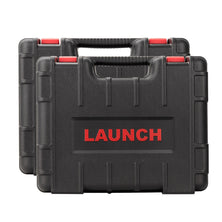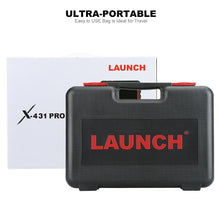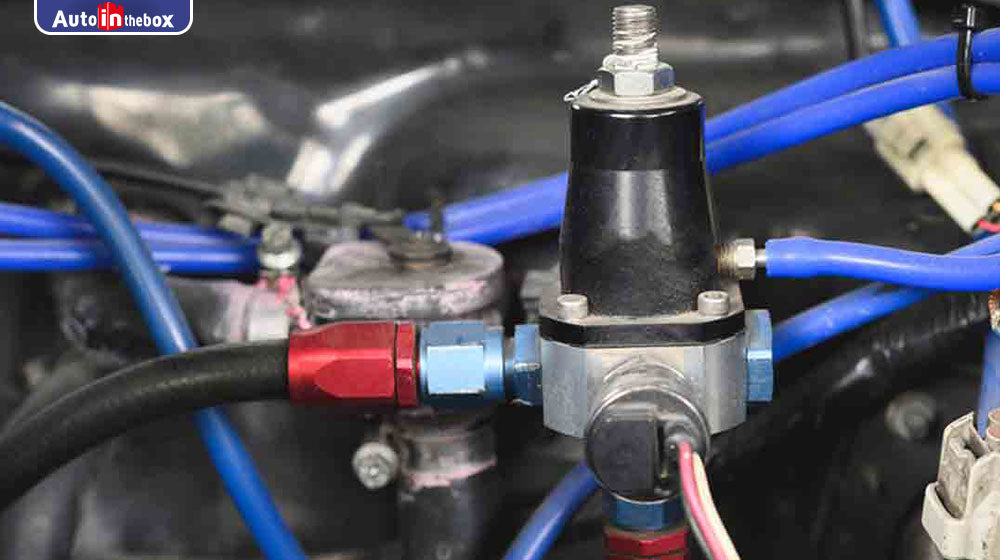
Fuel pressure regulator problem symptoms and the diagnosis
Like any other mechanical equipment, the fuel pressure regulator can also fail, leading to many problems. Here I’ll address several symptoms of a bad fuel pressure regulator.
1. Spark plugs blackened. Examine the end of a spark plug. If it has any sooty signs, it could direct to a bad fuel pressure regulator. Check the rest of the spark plugs. One sooty spark plug could just mean the engine is burning oil at that head.
2. The engine doesn’t run smoothly. If your engine is sputtering and spitting like it is going to die when it is at idle. Change your oil filter if you have a faulty one, otherwise check your fuel pressure regulator. In addition, if you have trouble in car starting, it could be the result of a bad fuel pressure regulator.
3. The tail pipe emits black smoke. Normally, your car should emit smoke of white or gray. If it is black, there is definitely something wrong with the fuel pressure regulator. Replace it.
4. The dipstick smells of gasoline. A faulty fuel pressure regulator can allow the gasoline to leak into the oil system. So if you smell fuel on the oil dipstick, it could be the sign of a bad regulator.
5. Gasoline drips out of the tailpipe. This could be the result of two causes-oil tank overfilling or a bad fuel pressure regulator. A bad fuel pressure regulator can allow the fuel to leak into the exhaust system.
6. Engine stalls. When you press on the gas pedal, your engine should react immediately. If you notice a little hesitation, check your fuel pressure regulator to see if there are any faulty signs.
7. Gasoline in the vacuum hose. To make sure that if it is due to a faulty regulator, remove the vacuum hose that attaches to the fuel pressure regulator, making sure the engine isn't running. If your vacuum hose has any gas in it, your fuel pressure regulator is bad. On the other hand, if there is none in the line, but, when you turn the switch on, fuel drips out of the hose, it is bad as well.
8. Deceleration problems. A faulty fuel pressure regulator can cause an excessive load-up of gasoline, thus leads to an engine backfire or strong odor of fuel emissions when you decelerate your vehicle.
9. Bad fuel mileage. Another symptom that is easy to detect is an unforeseen drop in the mileage. You need to fill more fuel into the fuel tank compared to the amount you used to.
If you note these problematic signs that direct to a bad fuel pressure regulator, you can test the regulator to get a certain answer. The simplest is to scan your car’s computer for error codes by using a code scanning tool. When sensors in your car detect problems, they note this by sending a signal to your car’s computer. The scanning tools can read the codes and translate them into easy-to-understand explanations about what’s wrong with your vehicle.
1. Spark plugs blackened. Examine the end of a spark plug. If it has any sooty signs, it could direct to a bad fuel pressure regulator. Check the rest of the spark plugs. One sooty spark plug could just mean the engine is burning oil at that head.
2. The engine doesn’t run smoothly. If your engine is sputtering and spitting like it is going to die when it is at idle. Change your oil filter if you have a faulty one, otherwise check your fuel pressure regulator. In addition, if you have trouble in car starting, it could be the result of a bad fuel pressure regulator.
3. The tail pipe emits black smoke. Normally, your car should emit smoke of white or gray. If it is black, there is definitely something wrong with the fuel pressure regulator. Replace it.
4. The dipstick smells of gasoline. A faulty fuel pressure regulator can allow the gasoline to leak into the oil system. So if you smell fuel on the oil dipstick, it could be the sign of a bad regulator.
5. Gasoline drips out of the tailpipe. This could be the result of two causes-oil tank overfilling or a bad fuel pressure regulator. A bad fuel pressure regulator can allow the fuel to leak into the exhaust system.
6. Engine stalls. When you press on the gas pedal, your engine should react immediately. If you notice a little hesitation, check your fuel pressure regulator to see if there are any faulty signs.
7. Gasoline in the vacuum hose. To make sure that if it is due to a faulty regulator, remove the vacuum hose that attaches to the fuel pressure regulator, making sure the engine isn't running. If your vacuum hose has any gas in it, your fuel pressure regulator is bad. On the other hand, if there is none in the line, but, when you turn the switch on, fuel drips out of the hose, it is bad as well.
8. Deceleration problems. A faulty fuel pressure regulator can cause an excessive load-up of gasoline, thus leads to an engine backfire or strong odor of fuel emissions when you decelerate your vehicle.
9. Bad fuel mileage. Another symptom that is easy to detect is an unforeseen drop in the mileage. You need to fill more fuel into the fuel tank compared to the amount you used to.
If you note these problematic signs that direct to a bad fuel pressure regulator, you can test the regulator to get a certain answer. The simplest is to scan your car’s computer for error codes by using a code scanning tool. When sensors in your car detect problems, they note this by sending a signal to your car’s computer. The scanning tools can read the codes and translate them into easy-to-understand explanations about what’s wrong with your vehicle.
Older Post
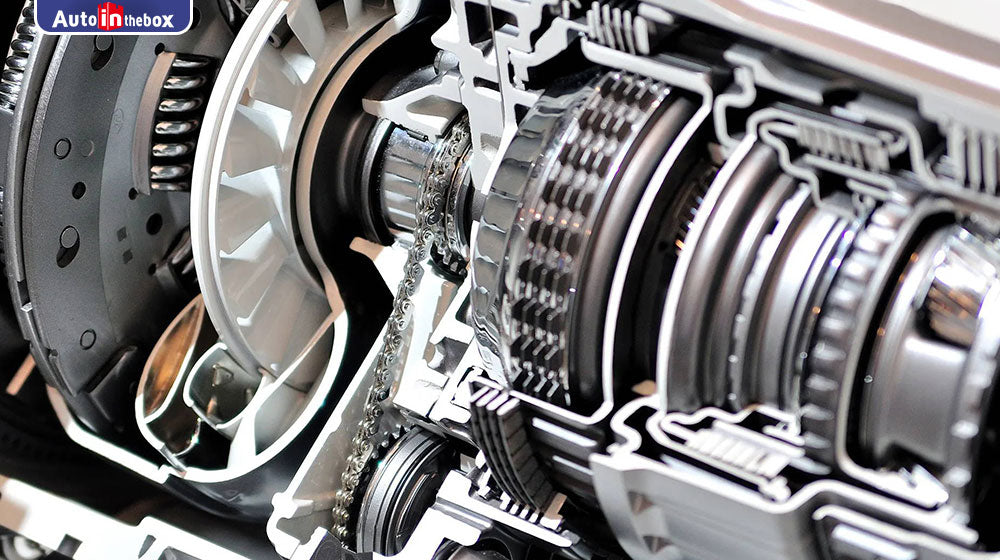 Newer Post
Newer Post
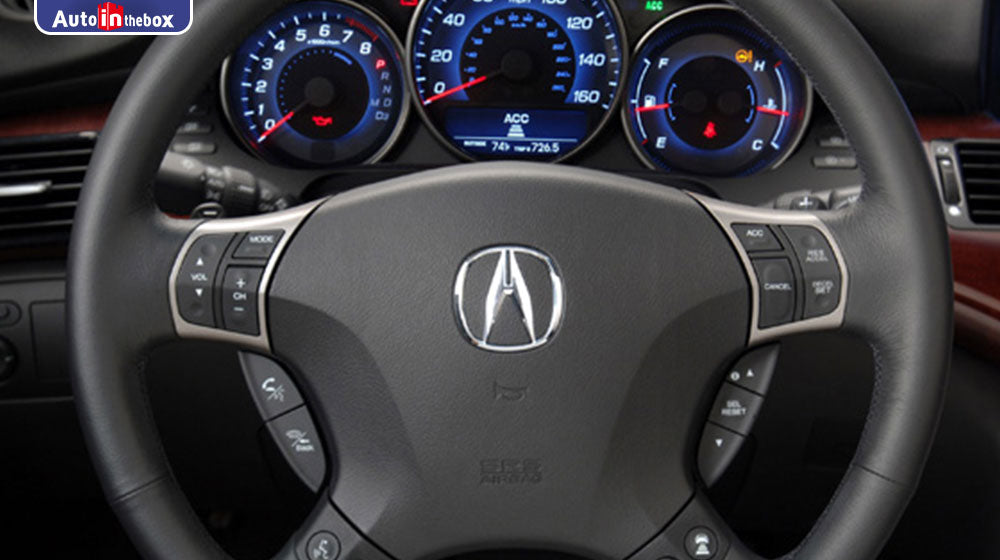
Signs of a Damaged Transmission

Issues You May Encounter in Your Car Power Steering




